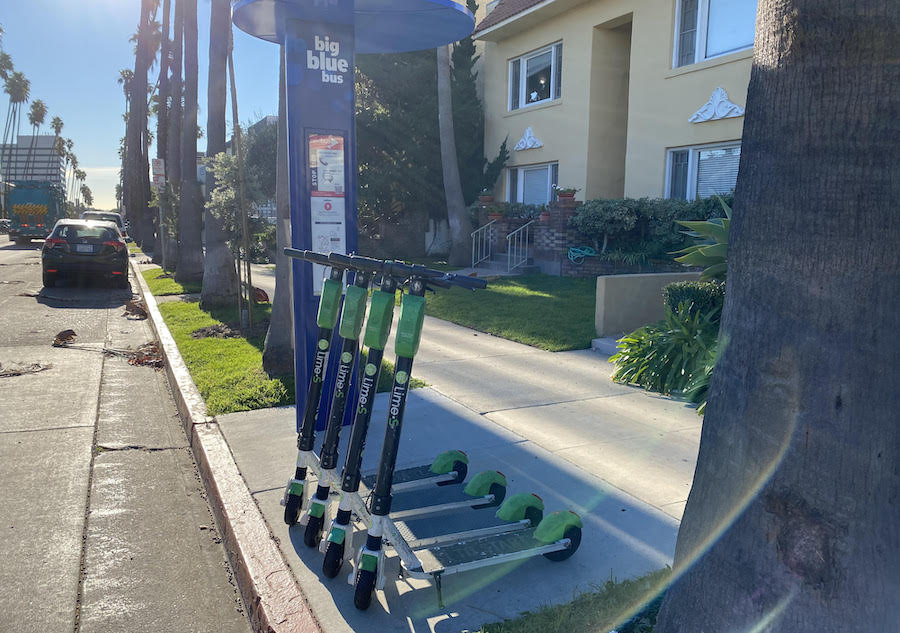There is no need – at least not yet – for total abandonment of the humane aspects of the immigration “sanctuary” laws now on the books in 276 American cities, counties and states. But in the wake of the seemingly random murder of a 32-year-old woman on San Francisco’s touristy Pier 14, not far from the landmark Ferry Building, there is surely a need for new sanity in sanctuary policies.
What’s done now ought to reflect the spirit of a letter written just after the murder by Democratic U.S. Sen. Dianne Feinstein, who as mayor of San Francisco for most of the 1980s accepted her city’s charitably-intended sanctuary law. Its intent is to prevent dividing families via deportations and to allow otherwise law-abiding undocumented immigrants to live without fear.
“I strongly believe that an undocumented individual convicted of multiple felonies and with a detainer request from ICE (U.S. Immigration and Customs Enforcement) should not have been released,” Feinstein wrote to Mayor Ed Lee, her successor four times removed. “The tragic death…could have been avoided if the Sheriff’s Department had notified ICE prior to the release of (the immigrant), which would have allowed ICE to remove him from the country.
Had that happened, of course, there is every likelihood the immigrant, seven-time felon Juan Francisco Lopez-Sanchez, would have returned to this country, and soon. He did that after five prior deportations. Even so, the victim, Kathryn Steinle, would be alive today.
Feinstein’s eminently sane solution: San Francisco and other sanctuary cities like Miami; Austin, Tex.; New York City; Boston and Baltimore should join the Department of Homeland Security’s new Priority Enforcement Program, set up last year via an executive order from President Obama.
Doing this, Feinstein said, would see the sanctuary cities “provide notice to ICE before releasing aliens with long criminal records.” She noted that Los Angeles County supervisors have asked their sheriff to participate in the same program.
This makes eminent sense. For in all the arguments at the time cities passed their sanctuary laws, no one seriously contended foreign felons with long records should be allowed the freedom of American streets.
But San Francisco has so far shown little interest in joining. The local sheriff, Ross Mirkarimi, has tried to fob blame off on federal authorities. If they wanted to deport Lopez-Sanchez on his release from jail, he said, they should have obtained a warrant.
But ICE did request Lopez-Sanchez be turned over for possible deportation. But the agency issued an immigration detainer order and did not get warrant. A detainer, Mirkarimi said, is a request, “not a legal order to extend an individual’s incarceration.” That was Mirkarimi’s excuse, and a slim one it is, at best.
But it was really up to the city’s board of supervisors and the mayor to enter the new federal program, and they have not. Nor do they show much inclination to do so, even now.
The reason they and officials in other cities often don’t is a naïve belief that doing so would in effect make them immigration agents. They contend police and sheriff’s deputies should not be questioning suspects on their immigration status.
But this case did not involve a mere suspect. This was about a known, repeat felon not known for doing anything constructive in this country. The sane thing to do is for jailers to contact federal officials when someone like Lopez-Sanchez is nearly ready for release, so immigration officers can pick up and deport him or her.
Would that be inhumane? Or has a repeat felon tacitly given up any human right he or she might have to remain in America?
Under Obama, ICE has developed a record of concentrating on high-priority prisoners like Lopez-Sanchez, who first admitted to “accidentally” shooting Steinle with a gun he allegedly found on an outdoor chair, then recanted when assigned a sharp lawyer.
So the sane move now is for sanctuary jurisdictions to stop refusing ICE detainers. California counties like Los Angeles, Santa Clara, Alameda, and San Diego are among the top five agencies nationally in such refusals.
Keep up that practice and there may be more murders like Steinle’s. Which would be completely senseless when there’s now a sane and humane way out of this onetime dilemma.













